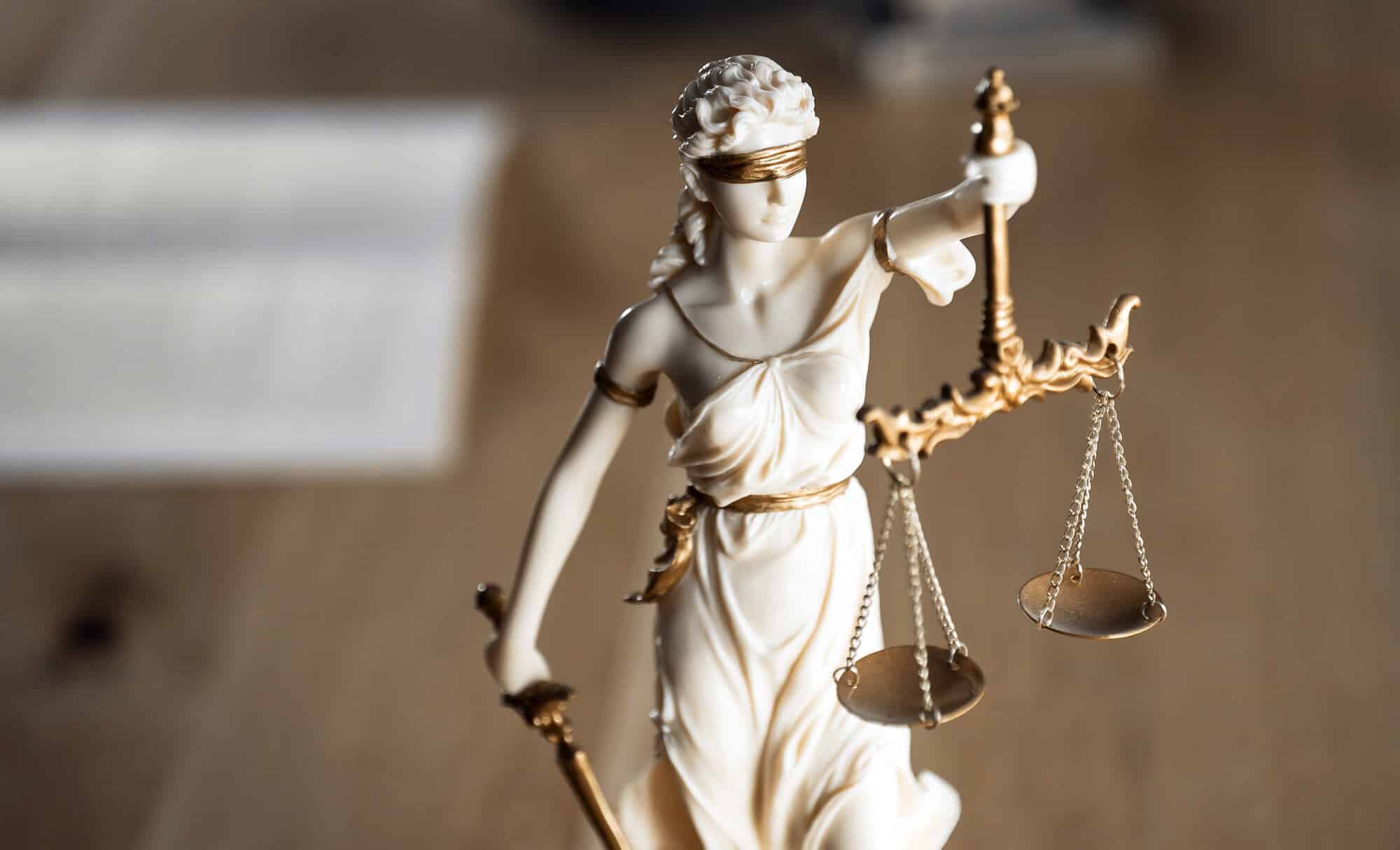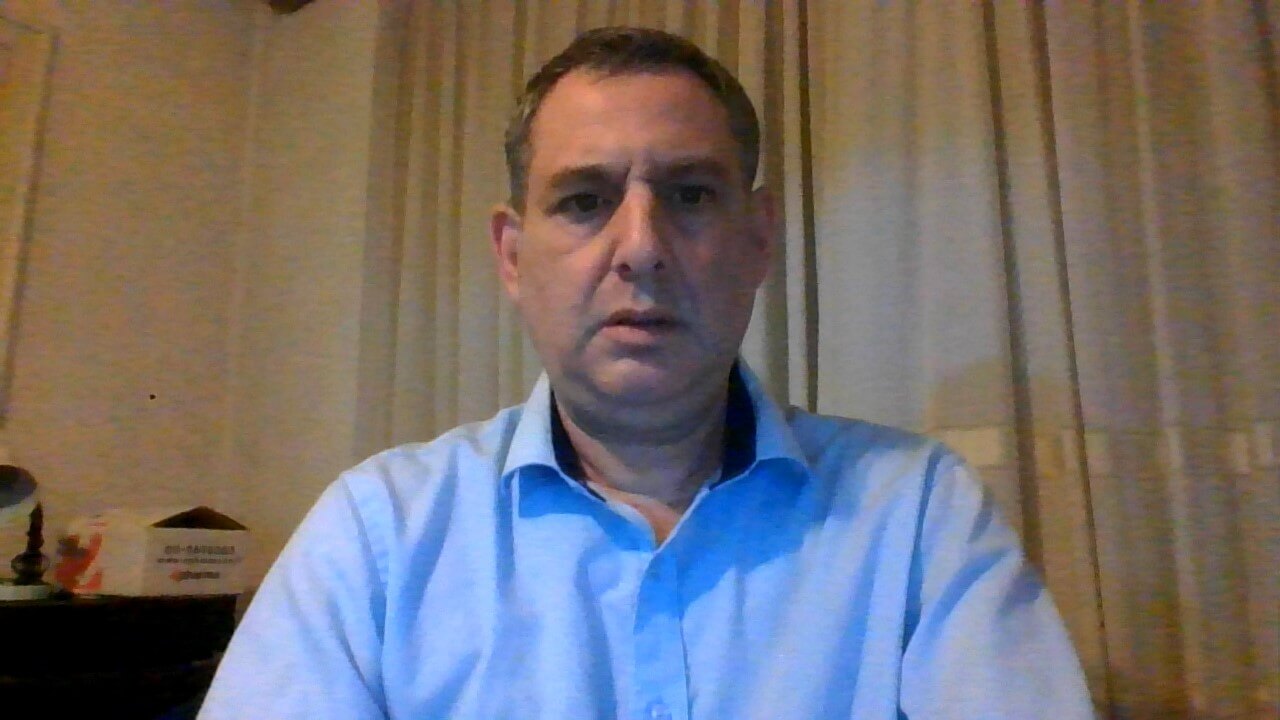An unconventional combination of philosophy, law and theory of complex systems, offers surprising insights

Probabilistic concepts are used a lot in the sentence. For example, in a civil trial, the court has to decide whether the plaintiff has proven the cause of action on the basis of a "balance of probabilities", i.e. with a probability higher than 50%. In a criminal trial, the standard of proof is higher, and the court has to decide if the prosecution has proven the defendant's guilt "beyond a reasonable doubt". Even in moral discussions, ethical questions involving probabilistic concepts are often encountered, such as when, if at all, there is a moral obligation to give people an "equal chance" to receive some benefit. However, despite the frequent use of probability concepts in law and ethics, their meaning is not clear enough. In the philosophy of probability there is a distinction between different concepts of probability, and the question arises as to how the concepts of probability used in morality and law should be understood and which of the various interpretations of "probability" is the relevant interpretation in this or that legal or moral context.
Questions of another kind, which are often controversial, concern the normative consequences of uncertainty about states of affairs in the world or on moral norms themselves. For example, in December 2019, reports began to arrive regarding cases of infection with a new strain of the corona virus in the city of Wuhan, China. Naturally, the new phenomenon was accompanied by great factual uncertainty regarding the expected damage from the virus and deep moral and legal disputes regarding the steps to be taken and which were taken by various countries in order to deal with the risk. An example from another normative context is how it is appropriate to design autonomous systems - such as autonomous cars or autonomous weapon systems - to operate under conditions of uncertainty. In this context, should autonomous systems act in a given situation in the same way as a human moral agent would have to act in that situation, or is it appropriate to establish "robot ethics" that will dictate their behavior, similar to the three laws of robotics formulated by the science fiction writer Isaac Asimov?
Dr. Ofer Malkai from the Faculty of Law at the Hebrew University of Jerusalem tries in his research to examine, from a philosophical perspective, how it is possible to use the concepts of probability in the fields of morality and law in different normative contexts.
One part of the research, which won a research grant from the National Science Foundation, focuses on moral norms that include a probability threshold. For example, many believe that the intentional killing of an innocent person is prohibited even if several lives are saved as a result. But how should one act when there is only a small chance, let's say five percent, that the person whose killing will save several people is innocent and does not deliberately endanger the lives of the people who can only be saved by harming him? A moral norm with a probability threshold may permit killing below a certain threshold of chance of innocence. Another issue that the research deals with, which may constitute a private case of moral prohibition with a probability threshold, is the criminal standard of proof of "beyond a reasonable doubt". One of the conclusions of this study, in which Dr. Ram Rivlin from the Hebrew University of Jerusalem also participated, is that in civil law judges are allowed to ignore self-sufficiency as to their ability to properly weigh the evidence presented in the trial and conclude from it that the cause of action has been proven to the required standard. On the other hand, in a criminal trial they must take into account such self-doubts in certain cases.
Corona has added to the uncertainties
Another and unplanned part of the study was added following the outbreak of the Corona epidemic and the need to deal with new moral and legal dilemmas that include elements of probability and uncertainty. This part attempts to normatively assess the legal responses to the epidemic and the uncertainty associated with it, in particular in the context of judicial review of governmental actions that violate individual freedoms and rights such as freedom of movement and the right to privacy. Joint research with Prof. Michal Shor-Ofari from the Hebrew University of Jerusalem, examines the legal response to the Corona epidemic, using tools taken from the theory of complex systems (complexity theory). The conclusion of this study is that the existing legal tools are not "calibrated" enough to handle epidemics, and that using insights from complexity science may lead to counter-intuitive conclusions that sometimes contradict accepted legal conventions.
Another part of the research deals with chances and distributive justice, a subject that concerns, for example, the issue of organ allocation for transplantation. Suppose some organ transplant fails; Is the fact that the recipient of the rejected organ is given a chance to be cured relevant to his position on the waiting list for future transplants? At this point, the research shows a skeptical conclusion regarding the importance of chances in the context of distributive justice, but similar to many other philosophical studies - the main contribution of the research lies less in conclusions and more in clarifying the questions at hand and presenting arguments for and against possible positions regarding these questions.
Life itself:

Dr. Ofer Malkai's academic education is in law and physics, but his main academic occupation is in philosophy - a field in which he has no formal education and a large part of his knowledge in which he says he acquired in classes he heard as part of the program for "free listeners" of the Magid Institute at the Hebrew University. Because of this, Dr. Malkai believes that his academic occupation is actually a hobby.
More of the topic in Hayadan:
